Automatic gearboxes are attracting more and more enthusiasts. Today in France, more than a third of new cars are equipped with this device. But how do you drive an automatic car well? What are the differences with a manual gearbox? Everything you need to know.
What is an automatic transmission?
The automatic gearbox is becoming more popular in France, even if we are still far from Japan or the United States, where almost all cars are equipped with them. The mechanism is different from that of manual gearboxes.
The differences between the automatic transmission and the manual transmission
Compared to the manual gearbox, the automatic gearbox technology brings three major changes:
No need for a clutch, only two pedals are enough. All that remains is the brake and the accelerator to manage
The letters are abbreviations from English and correspond to different functions.
P: “Parking”, when the car is stationary and you want to get out. The transmission is interrupted, the wheels are blocked
A: “Reverse”, to signify reverse gear
N: “Neutral”, for neutral. To be used in the event of a short stop with the handbrake because the wheels remain unlocked
D: “Drive”, to start the car and drive it forward. Note that if the lever is in position D and you release the brake, the vehicle moves forward on its own.
Automatic gearbox: the user manual
The automatic gearbox considerably modifies the habits and reflexes of the driver. The new essential rule of conduct to follow is to forget and leave aside the left foot. From now on, with the automatic transmission, you only have to use your right foot to switch from one pedal to the other.
To start up
In order to start the engine, the gear lever must absolutely be in the P (park) or N (neutral) position. When the handbrake is fully deactivated, gradually lift your foot off the brake pedal. The vehicle should move forward slowly (or reverse if on R). It is then up to you to press the accelerator to adjust your driving.
On the road
This is one of the major advantages of the automatic gearbox: on the road, you no longer need to worry about changing gears, the vehicle manages this on its own. What to be more attentive to traffic and better hold the steering wheel. You should also know that an automatic car requires much more braking than cars with a manual gearbox. Do not hesitate to brake insistently when the situation requires it.
When your journey is over and the vehicle is stationary, keep your foot on the brake, move the lever to P to block the wheels then switch off the ignition before getting out of the car.
In case of snowy roads and/or steep slopes
Some automatic transmissions allow you to choose first or second gear (the numbers 1 and 2 are then added to the letters P, R, N and D). On steep slopes, it may be useful to select only first gear. Also, when driving on snowy or icy roads, it is advisable to shift to gear 2 in order to use the engine brake and prevent your wheels from slipping on the road. Some automatic cars are equipped with a winter mode (“Winter”) dedicated to this type of situation.

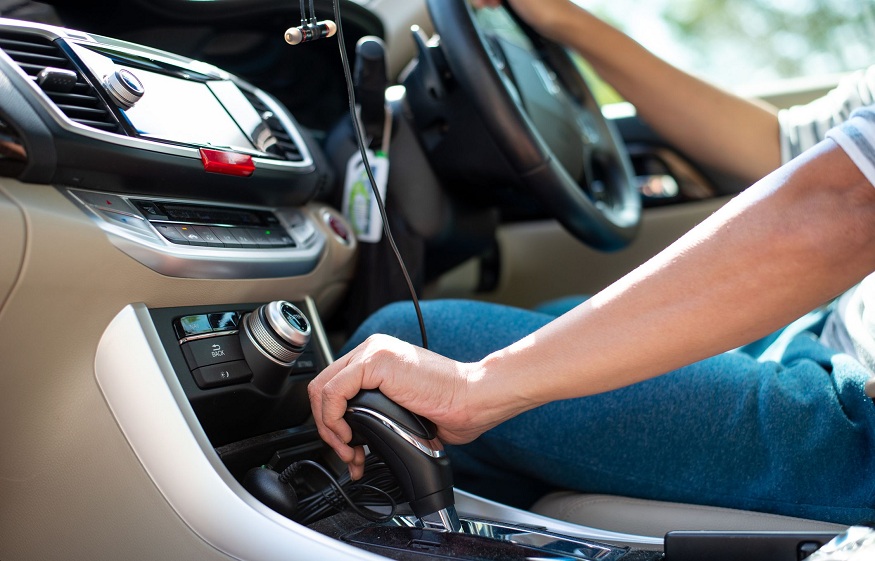
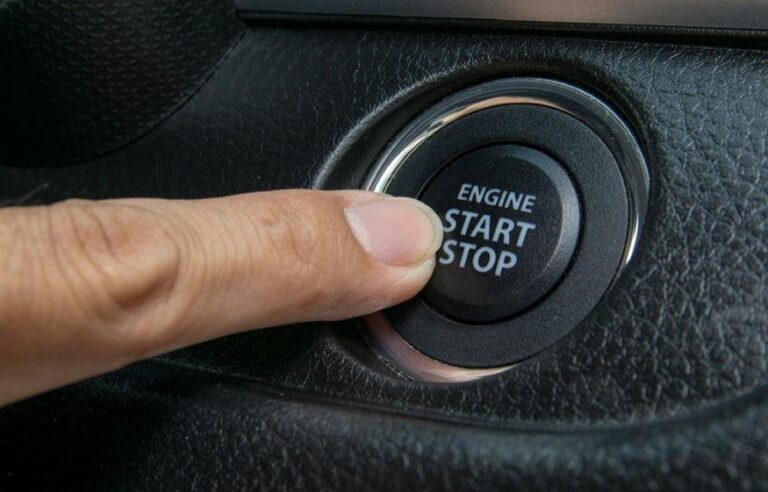

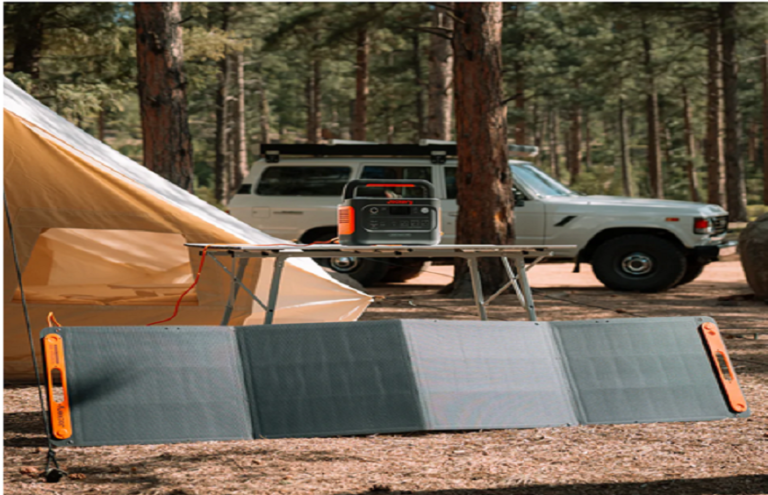
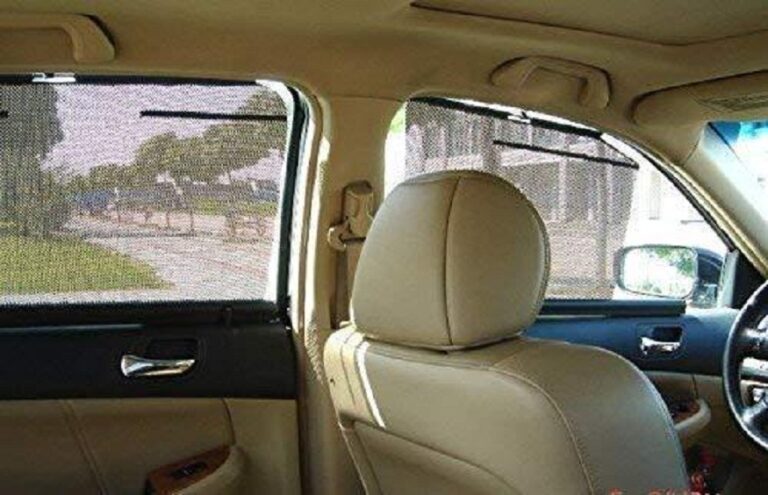
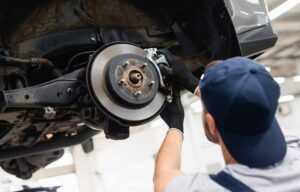

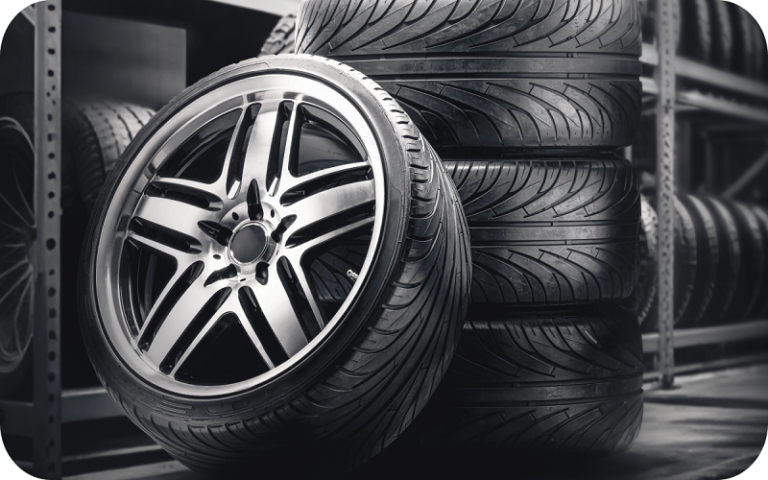

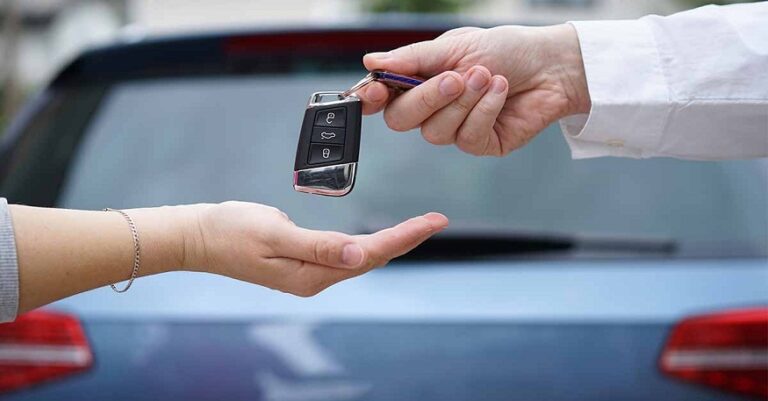
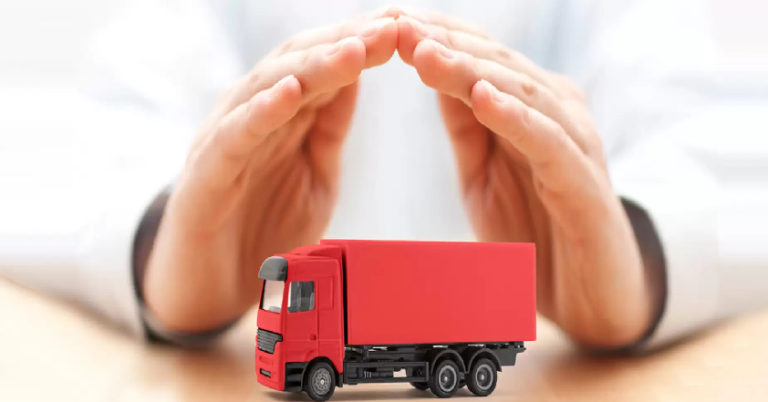
+ There are no comments
Add yours